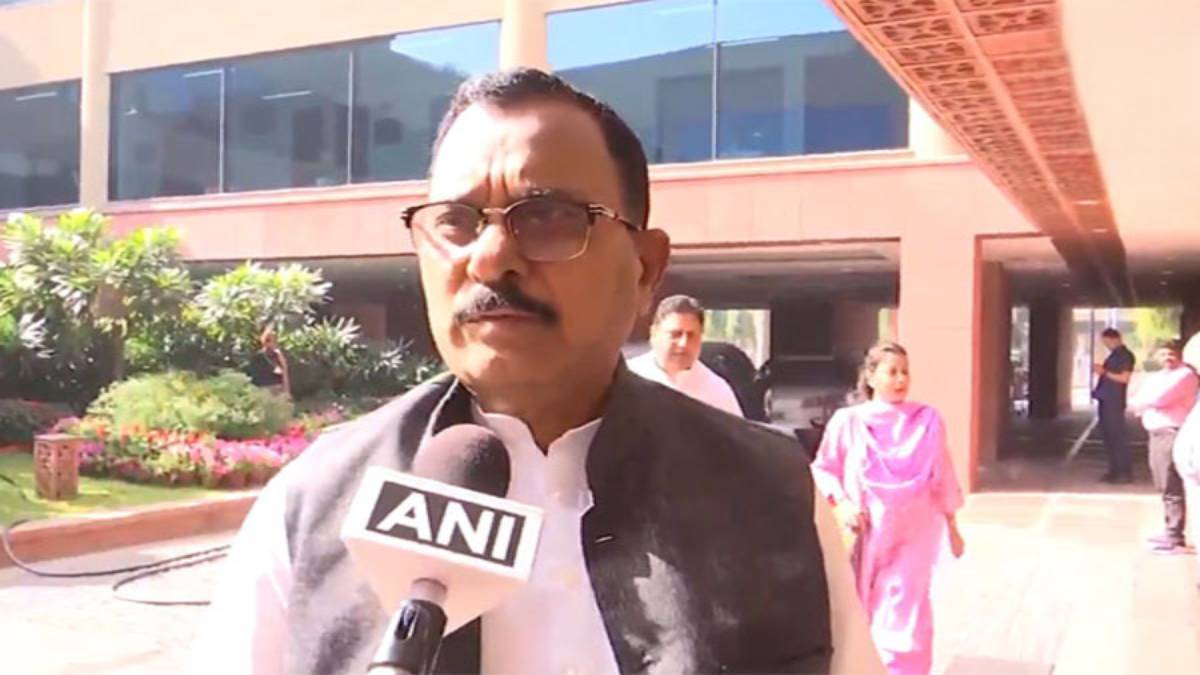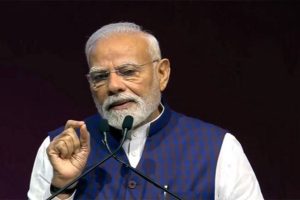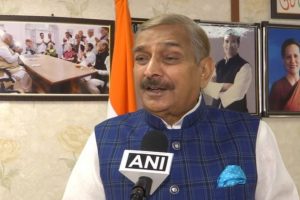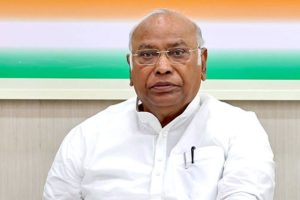Leaders from Congress and the INDIA Bloc have strongly opposed the Waqf Amendment Bill, calling it an attempt to centralize power and undermine minority rights. As the bill is set to be tabled in Parliament, opposition parties are gearing up to challenge its provisions.
Congress MP Mallu Ravi criticized the bill, claiming it is designed to strip Muslims of their rights and concentrate authority in the hands of the central government and district collectors. “This bill is against the interests of Muslims. It is being introduced only to centralize power. We completely oppose it,” Ravi told ANI.
Congress MP Imran Pratapgarhi staged a protest outside Parliament, wearing black attire and holding a placard that read, “Reject Waqf Bill.” Similarly, Congress leader Harish Rawat accused the BJP of using the bill as a political tool for polarization. “Previous amendments were resolved through discussions, but this government is unwilling to do so,” Rawat said.
Communist Party of India (Marxist) MP John Brittas echoed these concerns, stating, “Unfortunately, the government is pushing ahead with a bill that will create polarization in society. The opposition is united in opposing it.”
Deputy Leader of Congress in the Lok Sabha, Gaurav Gogoi, warned that the bill could disturb communal harmony. He alleged that the Joint Parliamentary Committee (JPC) failed to conduct a clause-by-clause discussion and called the legislation unconstitutional. Congress MP K Suresh reaffirmed that the INDIA bloc would unanimously oppose the bill.
Samajwadi Party MP Ram Gopal Yadav also denounced the amendments as “dictatorial and unconstitutional.” “The ruling party has the numbers to push it through, but we want thorough discussions so that the country understands what is happening,” he told ANI.
The Waqf Amendment Bill, first presented in August last year, will be tabled for consideration and passing after today’s Question Hour, followed by an 8-hour debate. The bill seeks to amend the Waqf Act of 1995 to address issues related to the management of Waqf properties. However, opposition leaders argue that it is an unconstitutional move that could further divide communities.





